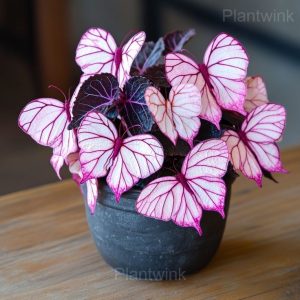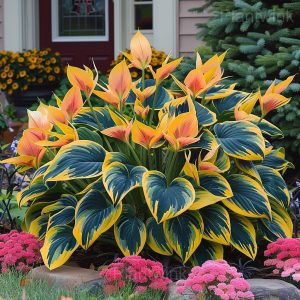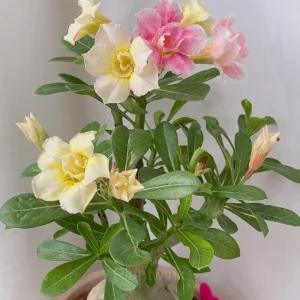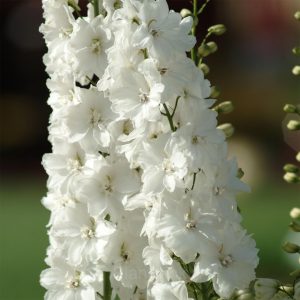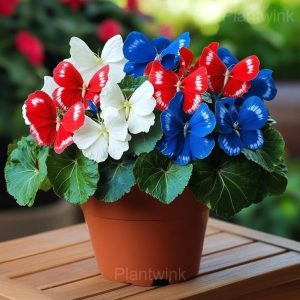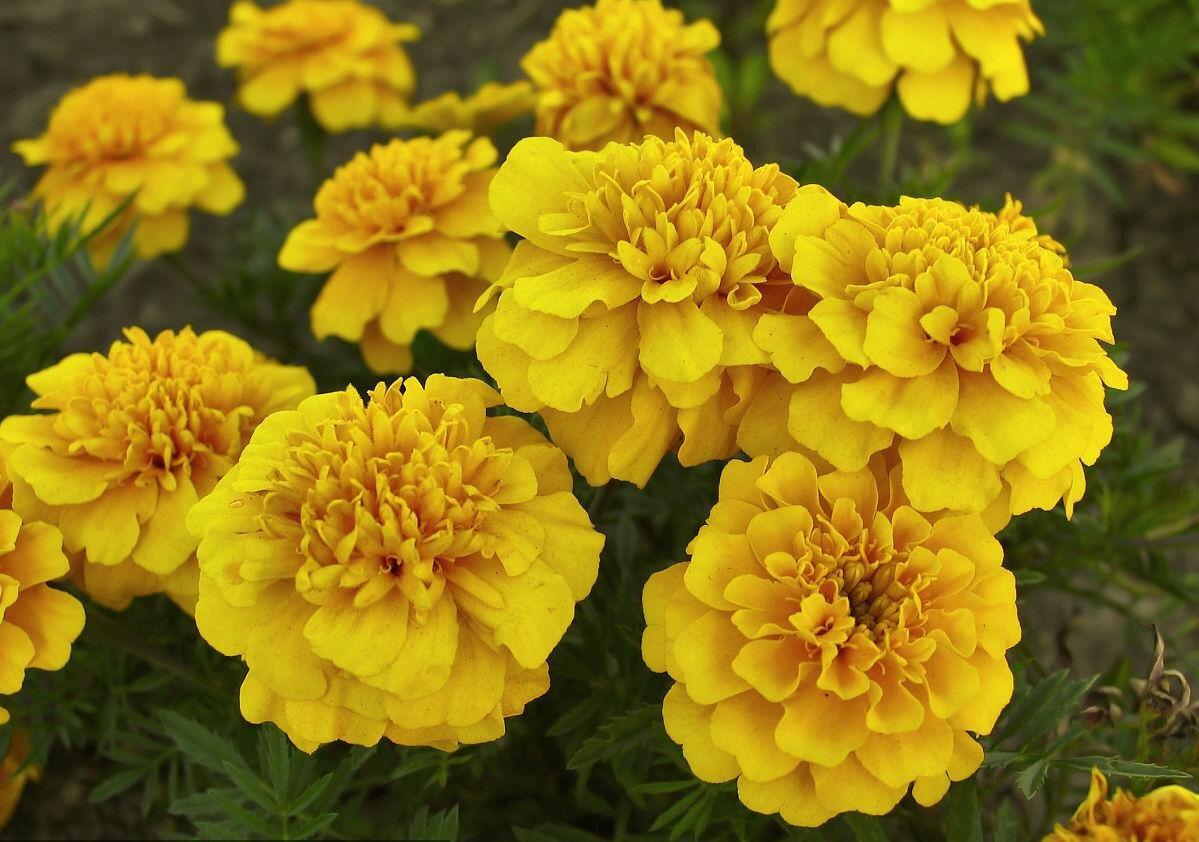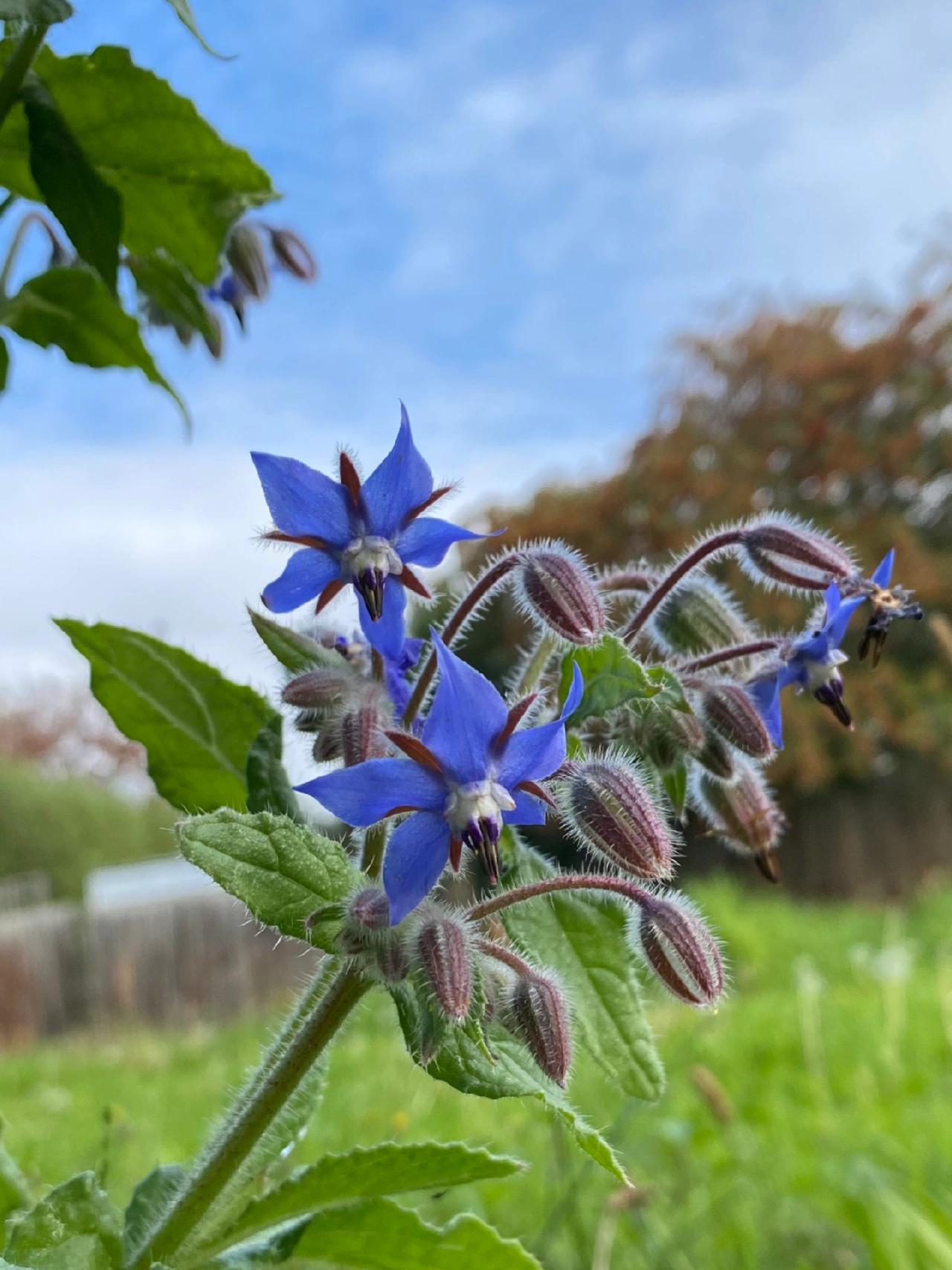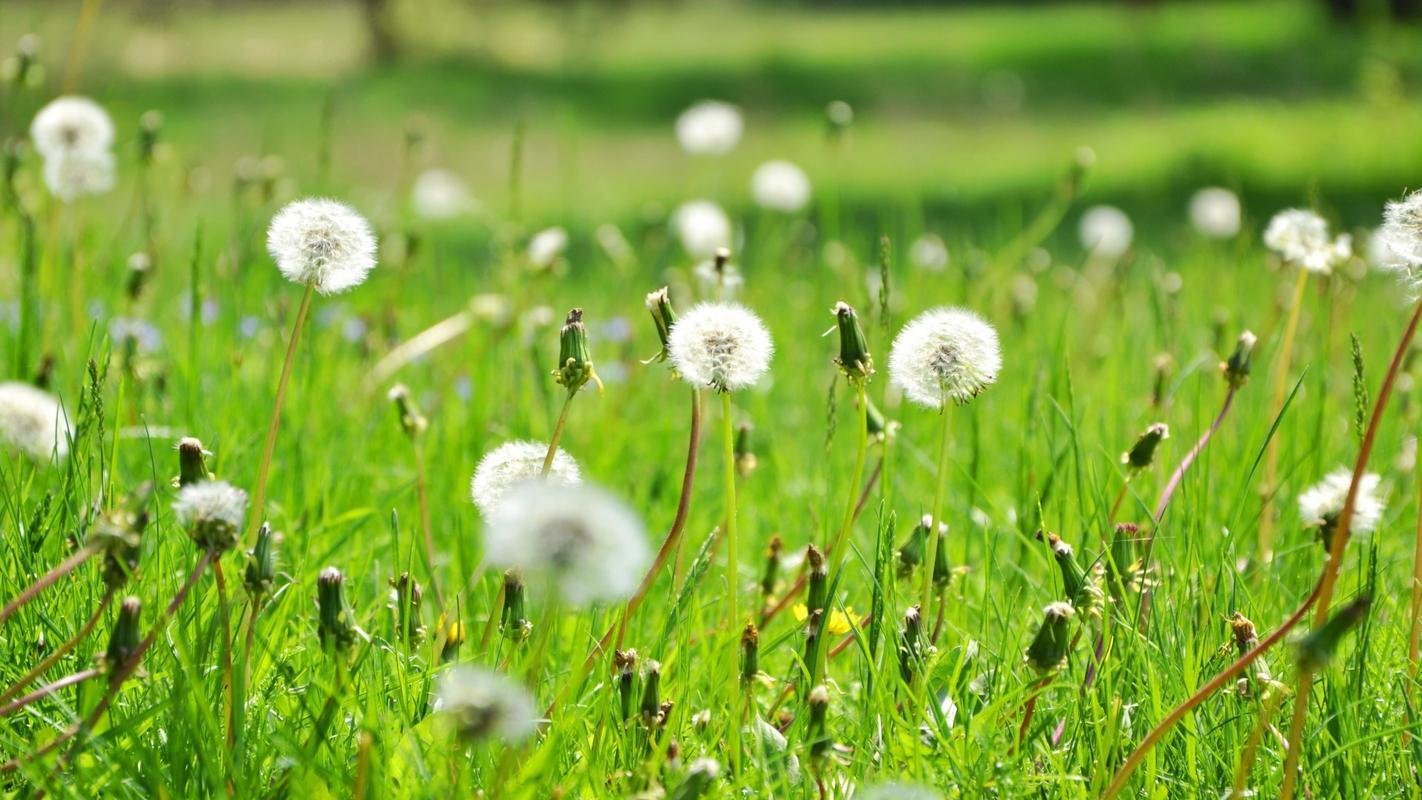Once upon a time, in a serene pond, there lived a fascinating plant named Aponogeton. With its long, elegant leaves and delicate white flowers, Aponogeton became the centerpiece of the pond. Its roots stretched deep into the water, absorbing nutrients, and creating a harmonious ecosystem. Over time, Aponogeton’s mystical properties were discovered – its leaves possessed healing abilities. Rumors began to spread, and people from far and wide sought its magical essence, transforming Aponogeton into a symbol of hope and rejuvenation. Today, Aponogeton continues to enchant and inspire, reminding us of nature’s extraordinary wonders in a compact yet remarkable story.
Picture
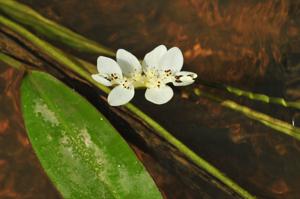
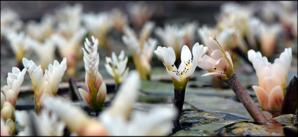
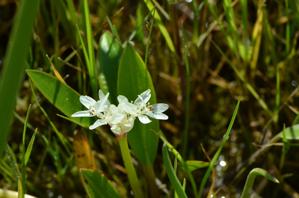
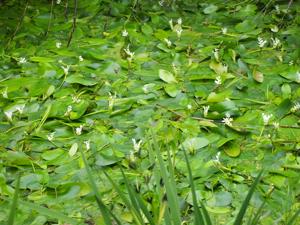
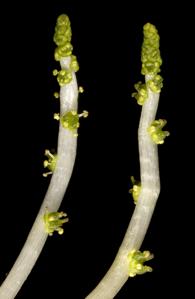
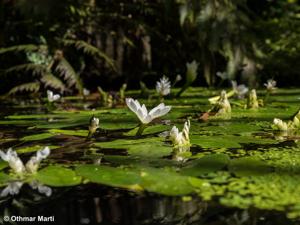
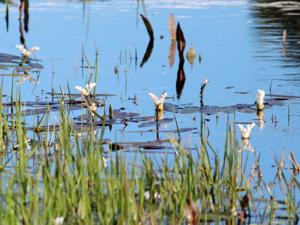
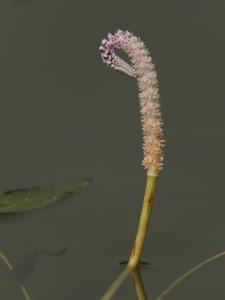
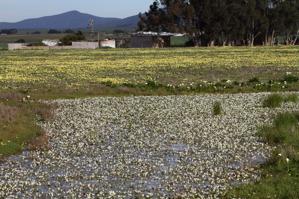
Plant some seeds now!
Short Description
The Aponogetonaceae (the Cape-pondweed family or aponogeton family) are a family of flowering plants in the order Alismatales.
In recent decades the family has had universal recognition by taxonomists. The APG system (1998) and APG II system (2003) treat it in the order Alismatales in the clade monocots. The family consists of only one genus, Aponogeton, with 56 known species (Christenhusz & Byng 2016 ) of aquatic plants, most of which have been included in a molecular phylogeny by Chen et al. (2015). The name was published in Supplementum Plantarum 32: 214 (1782) and is derived from a geographic location neighboring (geton) the Apono tribal district of coastal Gabon. Some species are used as ornamental plants in aquariums.
Cultivation
An African Aponogeton with a triple flower spike.
All Aponogeton species are easy to grow when their preferences are met. The Madagascar lace plants (A. madagascarensis) require special handling as they prefer cooler water – 70 °F (21 °C) as a maximum[citation needed]. As of 2010, the Australian species exist in very small numbers in the hobby trade.
